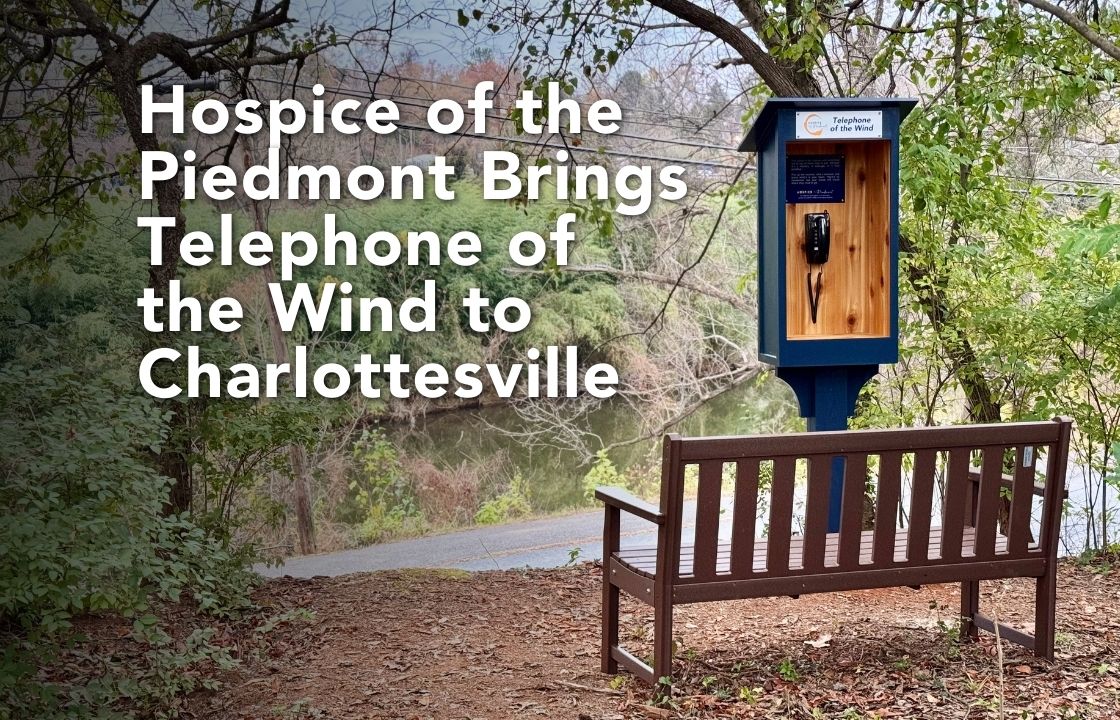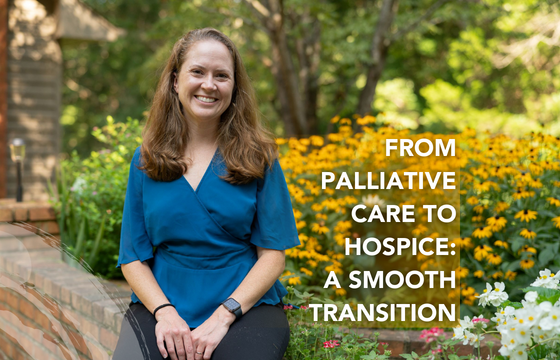The COVID-19 pandemic has led to many challenges for individuals and families worldwide. It’s common for people to feel a sense of isolation during times of increased stress, but it’s important to maintain a sense of connection with your community. Read on to learn more about how to navigate feelings of isolation, and remember: although it may feel like it in the moment, you are not alone.
Is There Such A Thing As Isolating Too Much?
Have you been spending too much time alone? The desire to stay in is stronger than ever during the pandemic, and the loss of a loved one can leave you feeling more isolated than you’re used to. This checklist can help determine if you’re spending too much time alone:
- Have you left the house recently, even just for a walk?
- Have you been replying to text messages?
- Have you used excuses to decline or cancel plans?
- Have you noticed a deep boredom, or general lack of interest and withdrawal?
- Is your personal hygiene suffering?
- Is your house more cluttered than normal?
If you said yes to any of these questions, you may be isolating yourself from others. Try taking the UCLA Loneliness Scale to determine how much loneliness is impacting your daily life.
How to Connect with Others
Isolation can lead to increased health risks, so it’s important to pay attention to how you’re coping in the weeks and months following a loss. Take steps to identify negative thought patterns. Make an effort to engage in social activities, whether virtually spending time with friends or going for a socially-distanced walk.
At Hospice of the Piedmont, we offer grief support for those who are navigating the loss of a loved one. If you’re feeling isolated due to grief, we can help. Reach out to our team at 1-800-975-5501 or via email at bereavementinfo@hopva.org.



